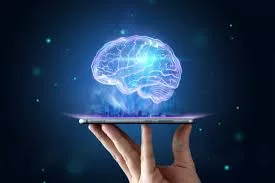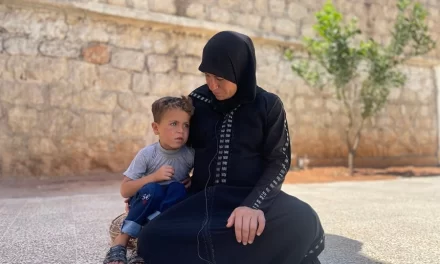A groundbreaking study released on Monday has identified a specific brain region linked to our willingness to help others. Researchers from the University of Birmingham and the University of Oxford have shown, for the first time, that the ventromedial prefrontal cortex (vmPFC) plays a crucial role in prosocial behaviors.
The vmPFC, located at the front of the brain, is known for its importance in decision-making and other executive functions. This new research sheds light on its critical role in facilitating helping behaviors, also known as prosocial behaviors.
Understanding how the brain makes “helping” decisions could motivate individuals to address significant global challenges such as climate change, infectious diseases, and international conflicts. It is also essential for developing new approaches to treating disorders related to social interactions, according to the research team. Their findings were published in the journal Nature Human Behaviour.
“Prosocial behaviors are essential for addressing global challenges. Yet helping others is often effortful, and humans are averse to effort. Understanding how effortful helping decisions are processed in the brain is extremely important,” said lead author Professor Patricia Lockwood.
The study focused on patients with brain damage in the vmPFC region. The researchers recruited 25 patients with vmPFC damage and 15 patients with damage elsewhere in the brain, comparing them with 40 healthy individuals.
Participants engaged in an experiment where they met another person anonymously and completed a decision-making task. This task measured their willingness to exert physical effort (squeezing a grip force device) to earn rewards (bonus money) for themselves and the other person. The results revealed that the vmPFC is essential for the motivation to help others, as those with vmPFC damage were significantly less willing to help.
Beyond understanding prosocial motivation, the study may also pave the way for new treatments for clinical disorders such as psychopathy, the researchers noted.
This discovery opens new avenues for research and potential therapies aimed at enhancing social interactions and addressing broader societal challenges.












